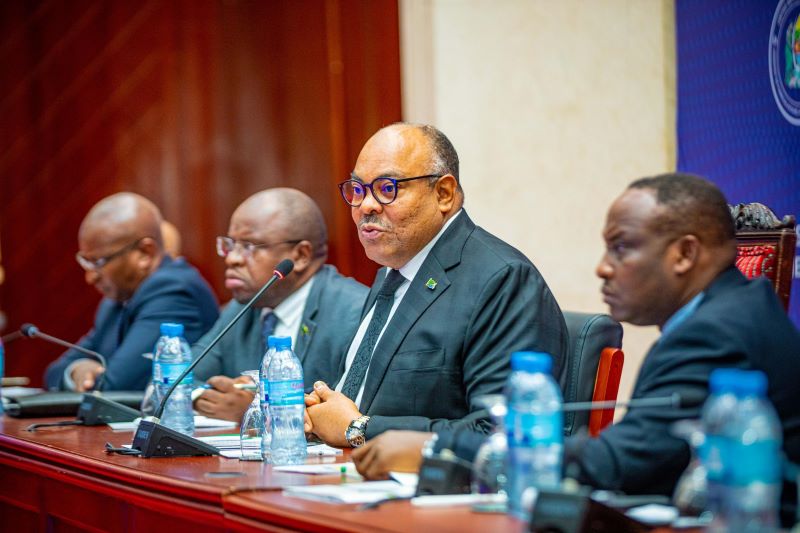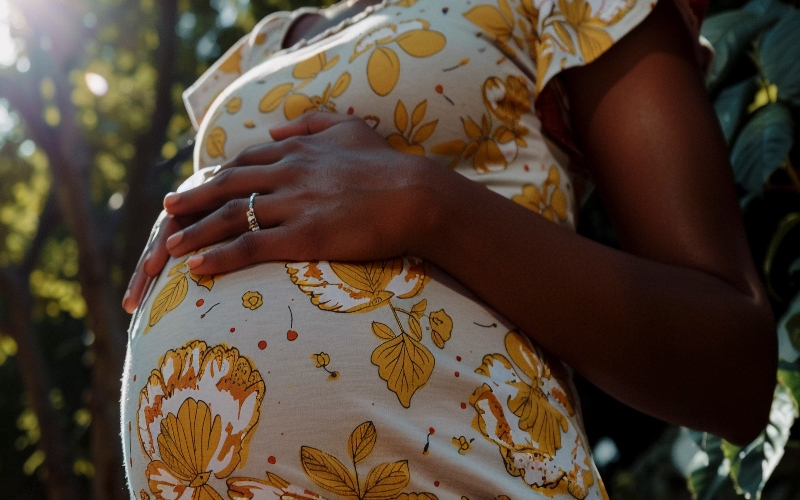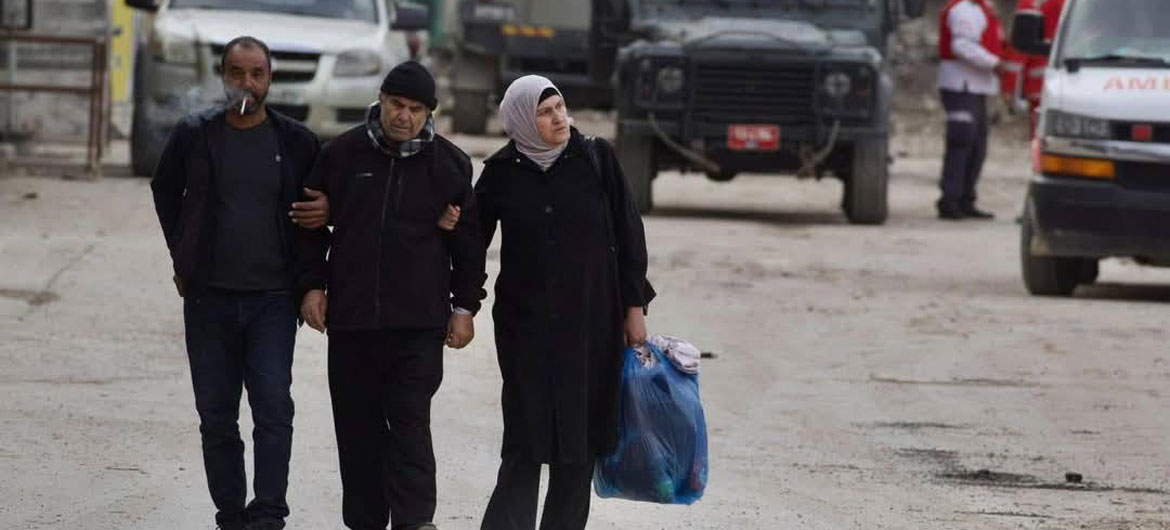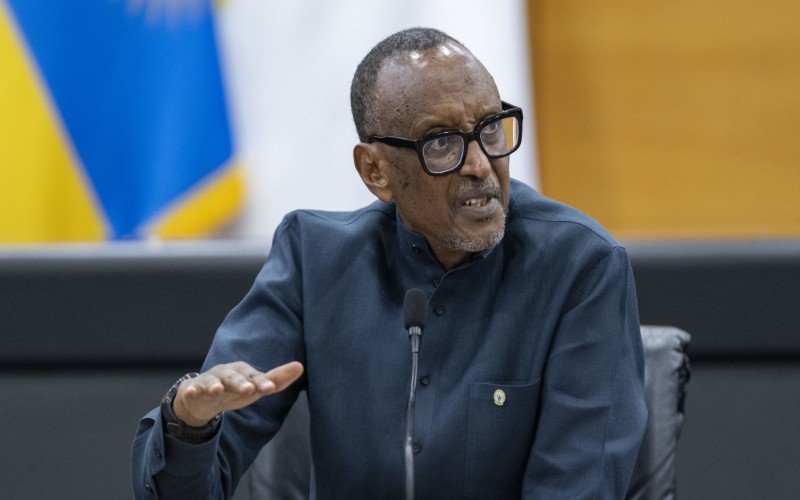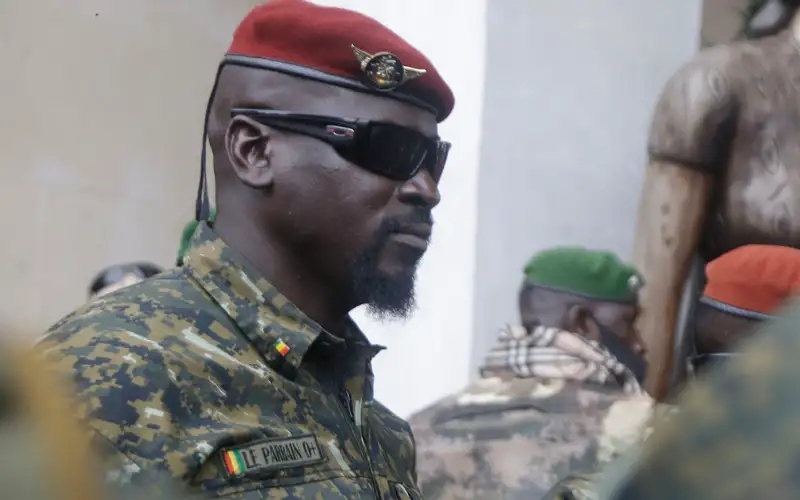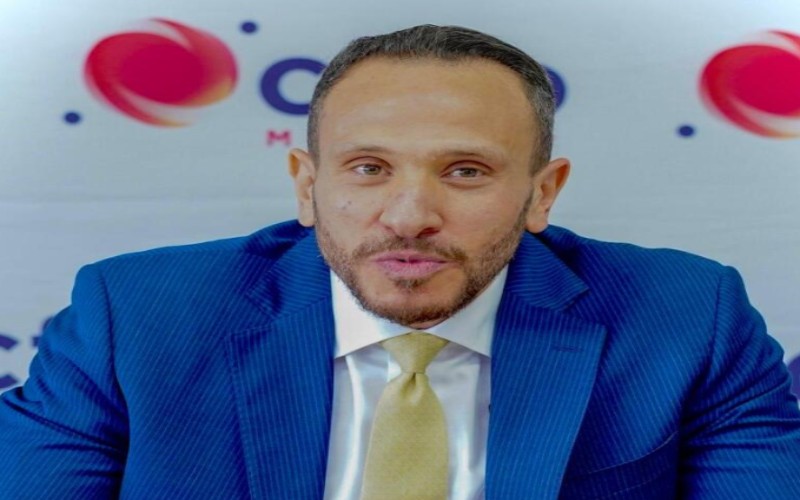Music, power and politics: Gachagua-Kindiki clash exposes battle for Mt Kenya’s cultural influence
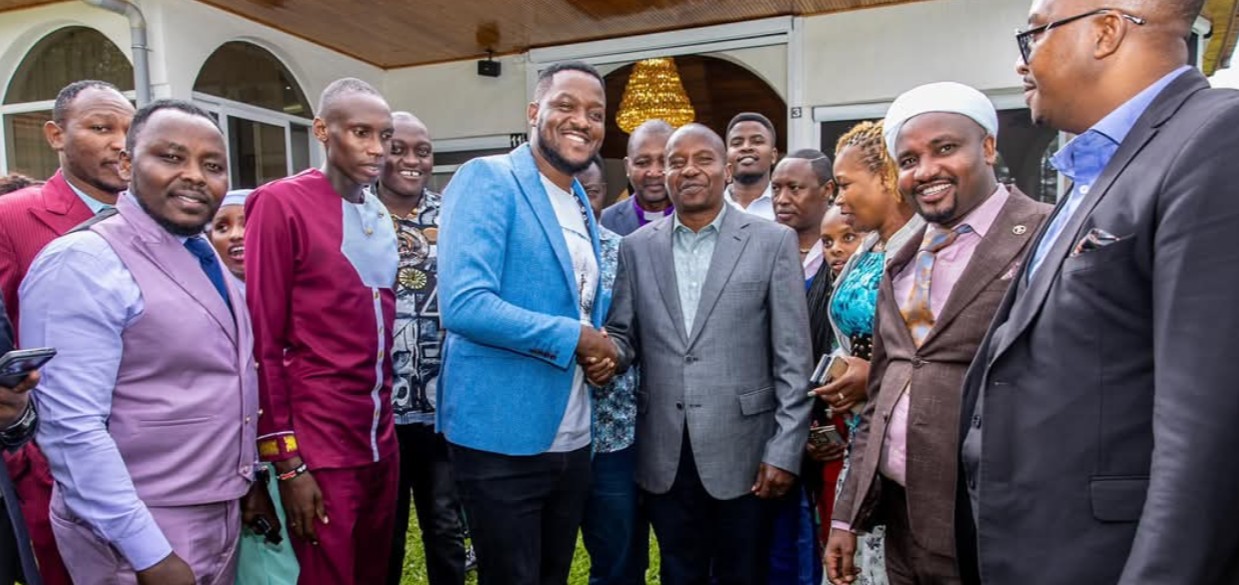
During the meeting with Kindiki, musicians praised the success of the Social Health Insurance Fund, but Gachagua condemned their actions as a betrayal of the Mt Kenya community.
Former Deputy President Rigathi Gachagua’s clash with his successor Kithure Kindiki over Mt Kenya musicians has spotlighted the growing influence of artistes in shaping political narratives and public discourse.
Music, as an art form that uses harmonious sound to convey messages, plays a significant cultural role across Kenya’s diverse ethnic communities, transcending language differences.
More To Read
- Kimani Ichung’wa blames Opposition losses on ‘tribal’ campaign messaging
- Supreme Court to receive title deed by December 25, says DP Kithure Kindiki
- Gachagua, governors, and MPs under probe by NCIC for inflammatory statements
- Kindiki’s office spends almost half of 2025/26 allocation within three months
- Kindiki: Kenya’s strength lies in unity, labour of its heroes
- DP Kindiki says Raila Odinga is safe, healthy and returning home soon
So serious is the clash that an angry Gachagua is calling on Mt Kenya residents to shun artistes who visited Kindiki in Karen, Nairobi.
On Friday, the Deputy President held a meeting with leading musicians from the Mt Kenya region, which he said sought to find interventions on 'exploitative cartels' in the industry.
"The creative industry is a multi-billion shilling business, and constant engagement with performing artists and all those in that space is imperative to find ways of supporting them through policy and protection of intellectual property rights," Kindiki stated.
During the meeting, musicians praised the success of the Social Health Insurance Fund, but Gachagua condemned their actions as a betrayal of the Mt Kenya community.
Boycott call
He called on the Mt Kenya region to boycott listening to music by the artistes who visited Kindiki.
"Those who went to Ruto must ask for forgiveness. If not, I'll order that no one listens to their music and no clubs will invite them to perform," said Gachagua.
The Eastleigh Voice explored why politicians endear themselves to artistes during the electioneering period, seeking to influence their work and win their support.
The clash has angered the Music Copyright Society of Kenya (MCSK), which, after monitoring public sentiment about the artistes, has threatened to take action against Gachagua.
"The Music Copyright Society of Kenya has been closely monitoring the ongoing debate surrounding the group of Mt. Kenya artists who met with the Deputy President over the past weekend. We are deeply concerned by the unfortunate calls from senior political leaders urging a boycott of our members' work, simply because they exercised their constitutional right to freedom of association by engaging in discussions on critical issues affecting the growth of the music industry," read the statement.
Gachagua had urged Mt Kenya residents to unfollow and stop listening to musicians who met the DP last week, among them Samidoh Muchoki, Karangu Muraya, Ben Githae, Jose Gatutura, DJ Fatxo, Sammy Irungu, Martin Wajanet, and Ngaruiya Junior.
Betrayal
Speaking in Murang'a on Sunday, May 25, Gachagua said that elders from the region have called on the musicians, accused of betraying the community, to apologise to the people or face consequences.
Other Topics To Read
Music producer George Adega said music is an ideal medium for messaging, which is why politicians use it to influence the masses.
"Music is the most powerful of idealist drugs, except religion. This probably explains the wide acceptance of music as a universal language and as a popular means of expression," noted Adega.
He further explains that throughout history, people have used music to send messages that may be difficult to convey by words of mouth or through other means.
"Every piece of music is composed within a socio-political and cultural context. Consequently, what may be acceptable in one political context may be rejected in another. More specifically, political music is used to address urgent issues facing a society. It appeals to citizens as well as to people in power and authority. Musicians have used it to stir people to action over the years," he said.
Over the years, election-related songs in Kenya have evolved from traditional folk songs to genres like mugithi, hip hop, benga and dancehall, dominating the electoral scene. Young, politically conscious artistes are using their platforms to speak out against corruption, demand transparency, and highlight issues such as unemployment and youth disenfranchisement.
Role of music in politics
The role of music in shaping political decisions and directions in Kenya has been a subject of several research undertakings. For instance, in research work titled Music the Loaded Weapon: War Metaphors & Ethnicity in Kenyan Songs published in the Vol.9. of the Journal of Language, Technology & Entrepreneurship in Africa in 2018 by Cellyne N. A. Anudo of University of Kabianga and Awuor Quin Elizabeth of the Technical University of Kenya, it is explained that songs are a means through which artistes communicate with their audience not only for entertainment purposes but also when they intend to engage them intellectually on matters that are of concern socially, morally, spiritually and economically
"Songs are composed for a variety of reasons, and in the event of conflicts, the language used in the songs can either propel the already tense atmosphere to irreparable heights or pacify the souls of the warring groups and instil a sense of sanity in them," notes the research.
Top Stories Today

